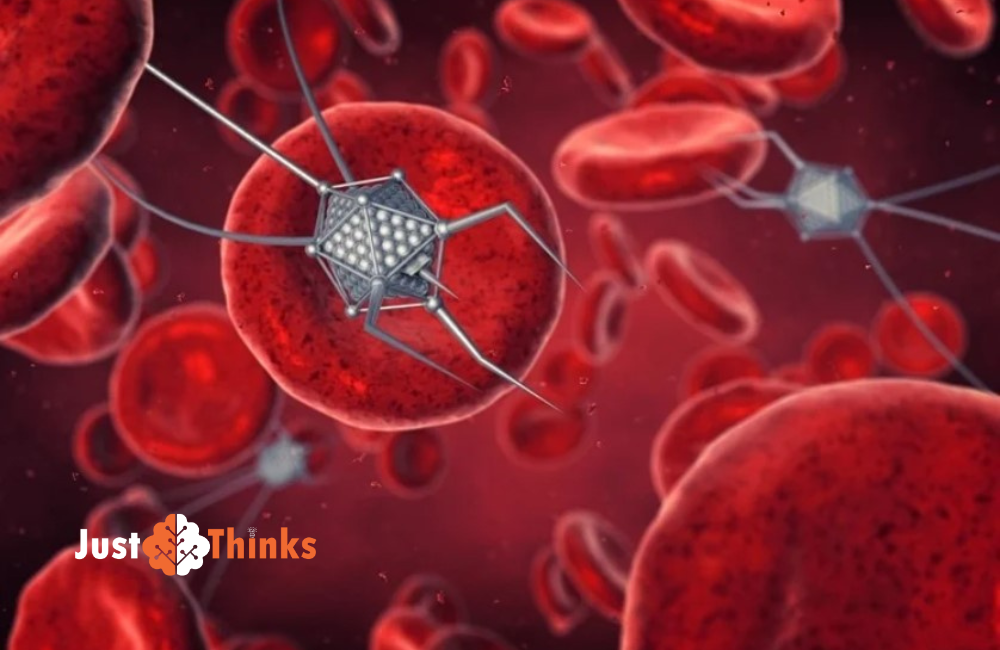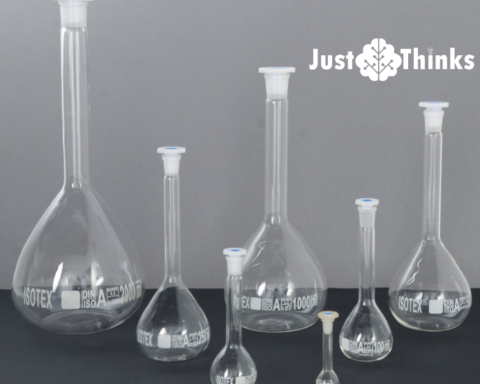Understanding Nano Machine
What Are Nano Machines?
Nano machine, often referred to as molecular machines, are devices ranging from 0.1 to 10 micrometers in size. They operate at the nanoscale, manipulating atoms to perform complex tasks with precision. These tiny engines are powered by chemical reactions, harnessing energy from their surroundings to move and perform their designated functions.
History and Development of Nano Machine
The concept of nano machine dates back to the late 20th century when Richard Feynman introduced the idea of manipulating individual atoms. Since then, advancements in nanotechnology have led to the creation of molecular motors, drug delivery systems, and sensors, marking significant milestones in the development of nano machine. The 2016 Nobel Prize in Chemistry, awarded for the design and synthesis of molecular machines, underscored their potential to revolutionize various fields.
The Impact of Nano Machine Today
Medical Advances Enabled by Nano Machine
In the medical field, nano machine offer promising solutions for targeted drug delivery and early detection of diseases. They can navigate through the bloodstream, delivering drugs directly to infected cells, minimizing side effects and improving treatment efficacy. Researchers are also developing nano machines for early cancer detection, capable of identifying tumor cells at very early stages.
Nano Machine in Manufacturing and Industry
Beyond healthcare, nano machines contribute to enhancing material properties and manufacturing processes. They play a crucial role in developing stronger, lighter materials for aerospace and automotive industries, and in the miniaturization of electronic components for computing and telecommunications.
Future Frontiers for Nano Machine
Innovations on the Horizon
The future of nano machine lies in their integration with artificial intelligence and quantum computing, promising breakthroughs in energy storage, environmental monitoring, and even space exploration. Researchers are exploring the use of nano machines in smart textiles, self-healing materials, and advanced battery technologies.
Integrating Nano Machine with Other Technologies
Combining nano machine with biotechnology and information technology opens new avenues for smart diagnostics, environmental sustainability, and the creation of energy-efficient systems. These integrations highlight the interdisciplinary nature of nano machine research and its potential to address complex challenges.
Challenges and Considerations
Technical and Ethical Challenges
Despite their potential, nano machine face technical hurdles, such as precise control at the nanoscale and mass production challenges. Ethical concerns also arise, particularly regarding privacy, security, and long-term environmental impacts, emphasizing the need for robust regulatory frameworks.
Sustainability and Environmental Impact
Developing sustainable nano machine that degrade safely and do not harm the environment is crucial. Researchers are focusing on green nanotechnology practices to ensure that nano machines contribute positively to ecological balance.
FAQs
What are nano machine made of?
Nano machine are typically made of organic molecules or metal-organic frameworks, designed to perform specific tasks at the nanoscale.
How do nano machine work?
They operate by converting energy into motion or chemical signals, often mimicking biological mechanisms found in nature.
Can nano machine cure diseases?
While not a cure-all, nano machine offer promising avenues for targeted drug delivery and early disease detection, potentially revolutionizing disease treatment and prevention.
What are the potential risks of nano machines?
Risks include unintended interactions with the environment or the human body, necessitating thorough research and regulation to ensure safety.
Conclusion
Nano machine stand at the forefront of scientific innovation, offering solutions to some of the world’s most pressing challenges. From revolutionizing medical treatments to advancing manufacturing and environmental sustainability, the potential applications of nano machines are vast and varied. As we navigate the technical and ethical challenges ahead, the continued exploration and development of nano machines will undoubtedly shape the future of technology and society.







